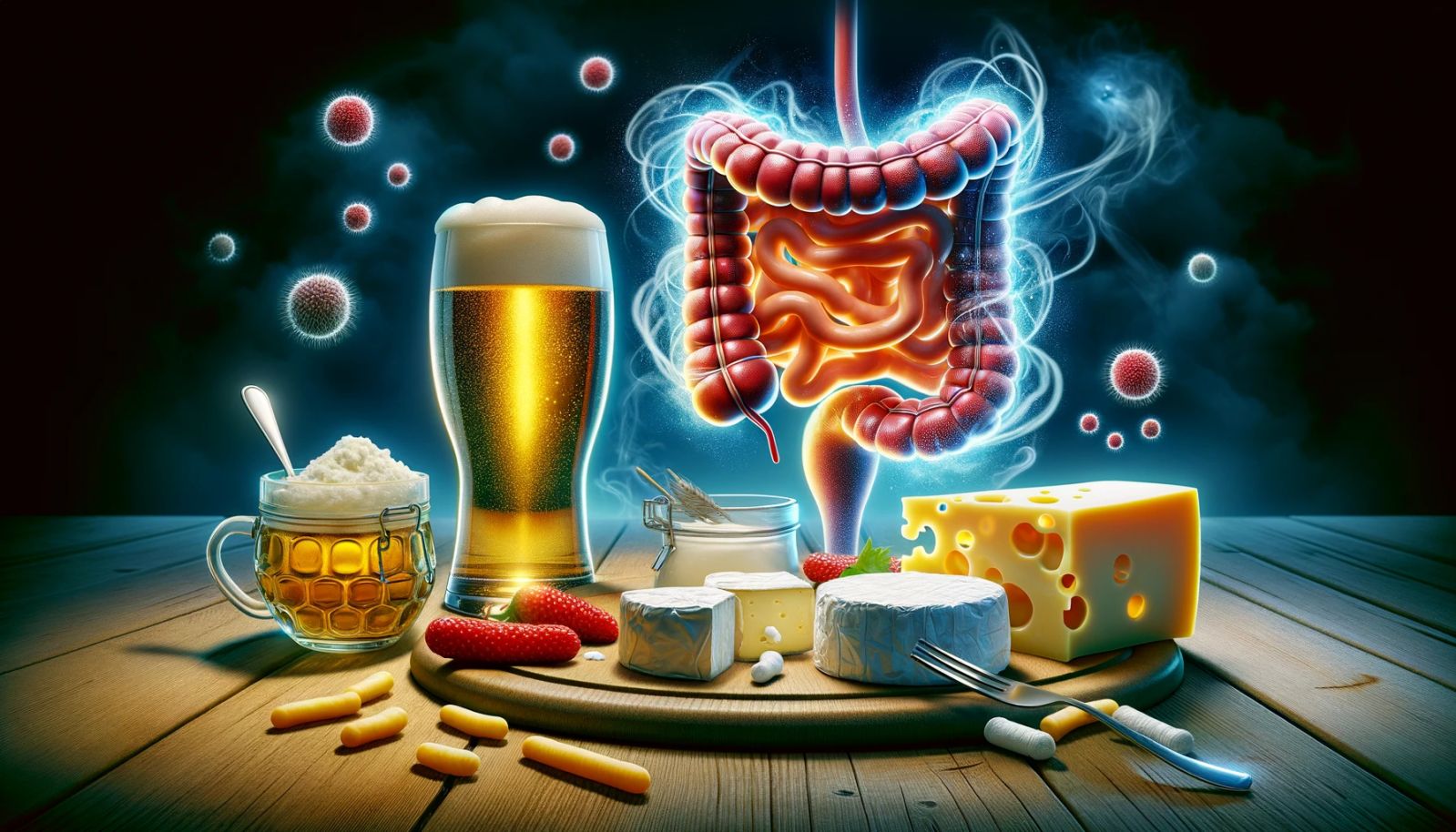This Food Preservative, Widely Used in Our Foods, May Be Dangerous to Our Gut Health
Follow us on Google News (click on ☆)

Zhenrun J. Zhang, a postdoctoral researcher at the University of Chicago, highlights the lack of comprehensive studies on the impact of nisin on our intestinal microbiome. In a study recently published in the journal ACS Chemical Biology, this researcher and his team isolated gut-derived lantibiotics and found that the "good" gut microbes were just as vulnerable to lantibiotics as pathogens. This increased sensitivity raises concerns about the potential effects of nisin on human intestinal health.
Previous research from University College Cork in Ireland, published in Nature Scientific Reports, had also revealed that even low concentrations of nisin can alter the intestinal microbiome. Fortunately, these changes are reversible, with a return to normal microbial populations within three days following the last consumption of nisin.
However, the study by Zhenrun J. Zhang and his colleagues goes further, assessing the effects of lantibiotics on intestinal bacteria. The findings indicate that lantibiotics can not only eradicate pathogens but also beneficial bacteria, thus compromising the delicate balance of our intestinal microbiome.
These discoveries highlight the importance of understanding the implications for our gut health of the widespread use of nisin in food products. While lantibiotics offer protection against foodborne diseases, their impact on our intestinal microbiome could have unforeseen and potentially harmful consequences. Further research will be necessary to fully assess these effects and explore safer alternatives for food preservation.